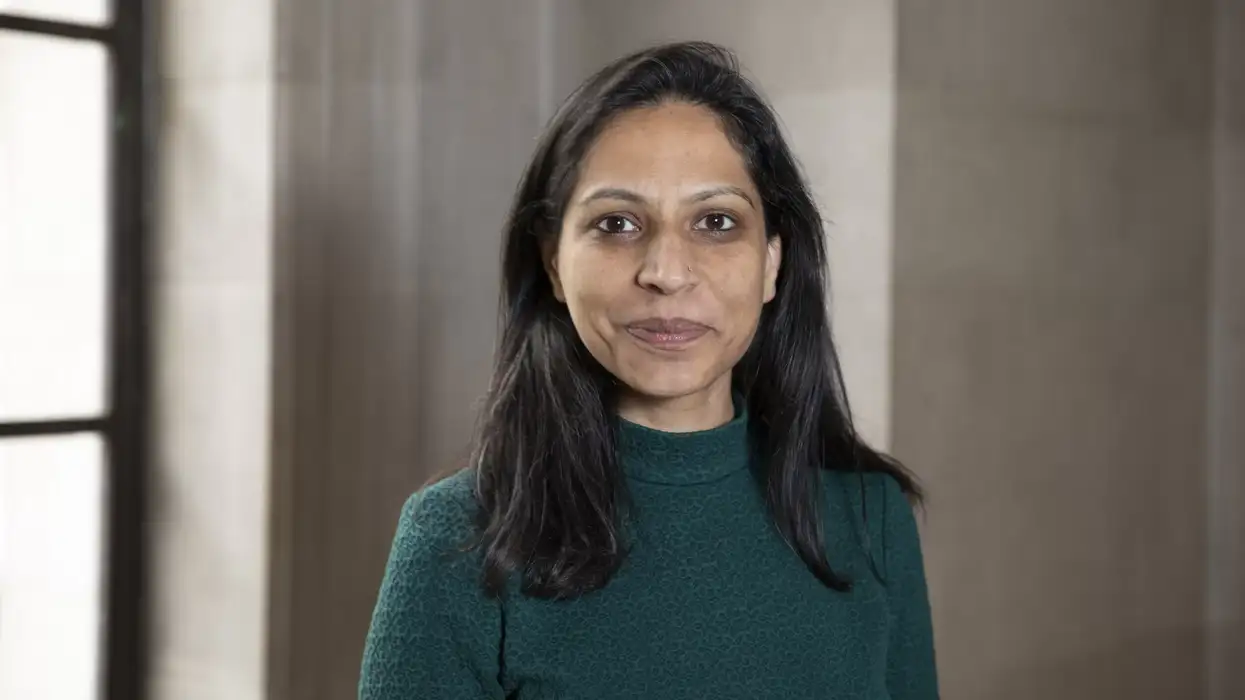INDIA has appointed Sanjay Malhotra, a senior finance ministry bureaucrat, as the new governor of its central bank, the Reserve Bank of India (RBI).
The announcement was made on Monday, a day before the term of outgoing governor Shaktikanta Das was set to expire.
A notification from the Appointments Committee of the Cabinet confirmed that Malhotra will lead the central bank for three years starting Wednesday.
He is currently the secretary of the revenue department and holds an engineering degree along with a master's in public policy from Princeton University.
Malhotra takes charge at a time when calls to cut interest rates are growing due to slowing economic growth. India’s GDP grew at 5.4 per cent in the September quarter, its slowest pace in nearly two years and below the RBI’s projection of 7 per cent.
The RBI’s monetary policy committee has maintained interest rates at 6.50 per cent since February 2023, citing inflation risks despite slowing growth. Local media had speculated about Das’s future after the lower-than-expected GDP data for the September quarter. Das had been at the helm since 2018.
“Several quarters of the government have voiced the need for lower interest rates considering inflation excluding food prices,” said Teresa John, an analyst with Nirmal Bang Institutional Equities. She noted that Malhotra is likely familiar with the government's stance and may align with their views.
John also said her firm anticipates a rate cut by February, as growth is increasingly expected to fall short of the RBI’s forecast.
(With inputs from agencies)




